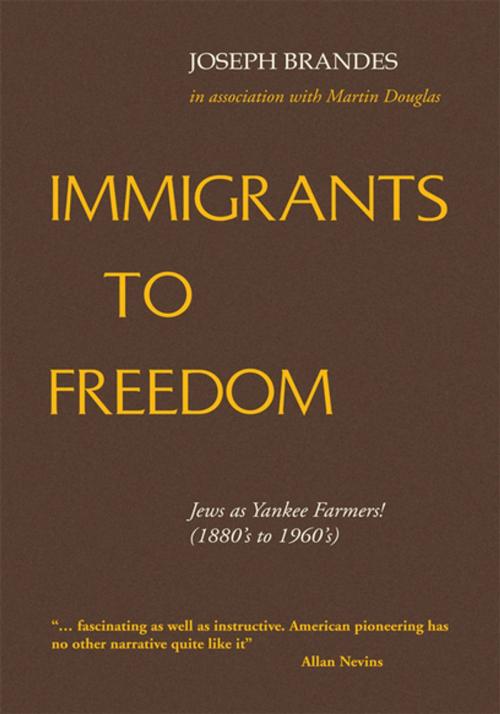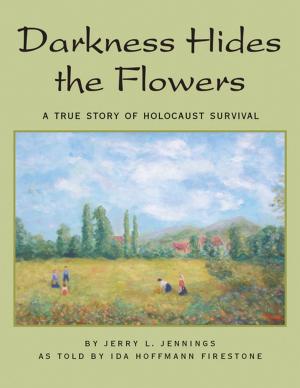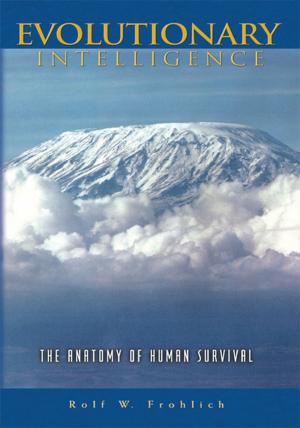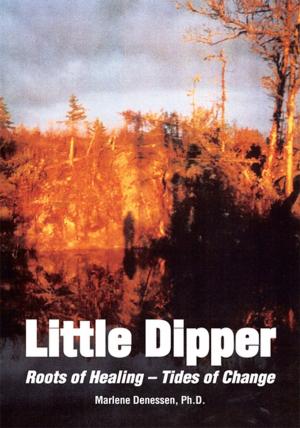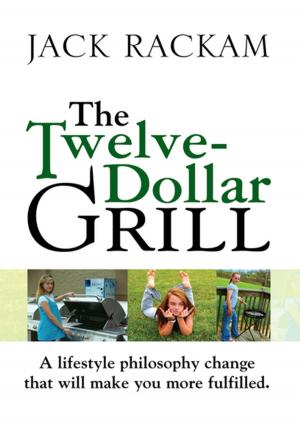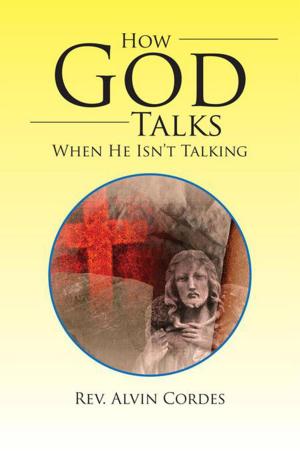| Author: | Joseph Brandes | ISBN: | 9781462843039 |
| Publisher: | Xlibris US | Publication: | December 1, 2009 |
| Imprint: | Xlibris US | Language: | English |
| Author: | Joseph Brandes |
| ISBN: | 9781462843039 |
| Publisher: | Xlibris US |
| Publication: | December 1, 2009 |
| Imprint: | Xlibris US |
| Language: | English |
Immigrants to Freedom is not a volume of past circumstances; it details the continuing quest of the Jewish people to find a more perfect union with lands and peoples of expanding freedom.
from the Preface by Moshe Davis
An almost unknown chapter in the story of U.S. immigration and social history opened in 1882 with the creation Southern New Jersey of Alliance, the first rural Jewish settlement in the New World. Escaping from the pogroms of Eastern Europe, disillusioned with the poverty-ridden slums of the big cities, and inspired by popular leaders such as Michael Bakal and Moshe Herder who taught the dignity of manual labor, four hundred Jews chose to become American farmers. Thousands more followed, to settle within the triangular district bounded by Vineland, Millville, and Bridgeton, all searching for individual transformation as well as group transplantation, all seeking to disprove the stereotype of the Jew as small trader and middleman. Their successes, failures, conflicts with the urban Jews of nearby New York and Philadelphia these are the fascinating subjects of this intimately written history.
These organized agricultural communities were not primarily Zionist, unlike the pioneering settlements of the same period in Eretz Yisrael. Originally conceived as privately subsidized social experiments, free of socialist or nationalist ringes, these groups sought to overcome anti-Semitism while striving for a more creative life and almost at once, true to their basic Jewish sense of family and self-help, the experiments in farming became programs for saving lives, first from the sanctioned savagery of Alexander III, later from the holocaust of Nazi Germany.
These colonizing experiments, says Dr. Brandes, were both a kaleidoscope and a mirror of the major forces in modern Jewish life. Agrarianism, Americanism, Zionism, a testing traditional values all were to be found here in microcosm. [They are]a significant chapter in the history of a people straining from oppression to freedom.
Immigrants to Freedom is not a volume of past circumstances; it details the continuing quest of the Jewish people to find a more perfect union with lands and peoples of expanding freedom.
from the Preface by Moshe Davis
An almost unknown chapter in the story of U.S. immigration and social history opened in 1882 with the creation Southern New Jersey of Alliance, the first rural Jewish settlement in the New World. Escaping from the pogroms of Eastern Europe, disillusioned with the poverty-ridden slums of the big cities, and inspired by popular leaders such as Michael Bakal and Moshe Herder who taught the dignity of manual labor, four hundred Jews chose to become American farmers. Thousands more followed, to settle within the triangular district bounded by Vineland, Millville, and Bridgeton, all searching for individual transformation as well as group transplantation, all seeking to disprove the stereotype of the Jew as small trader and middleman. Their successes, failures, conflicts with the urban Jews of nearby New York and Philadelphia these are the fascinating subjects of this intimately written history.
These organized agricultural communities were not primarily Zionist, unlike the pioneering settlements of the same period in Eretz Yisrael. Originally conceived as privately subsidized social experiments, free of socialist or nationalist ringes, these groups sought to overcome anti-Semitism while striving for a more creative life and almost at once, true to their basic Jewish sense of family and self-help, the experiments in farming became programs for saving lives, first from the sanctioned savagery of Alexander III, later from the holocaust of Nazi Germany.
These colonizing experiments, says Dr. Brandes, were both a kaleidoscope and a mirror of the major forces in modern Jewish life. Agrarianism, Americanism, Zionism, a testing traditional values all were to be found here in microcosm. [They are]a significant chapter in the history of a people straining from oppression to freedom.
